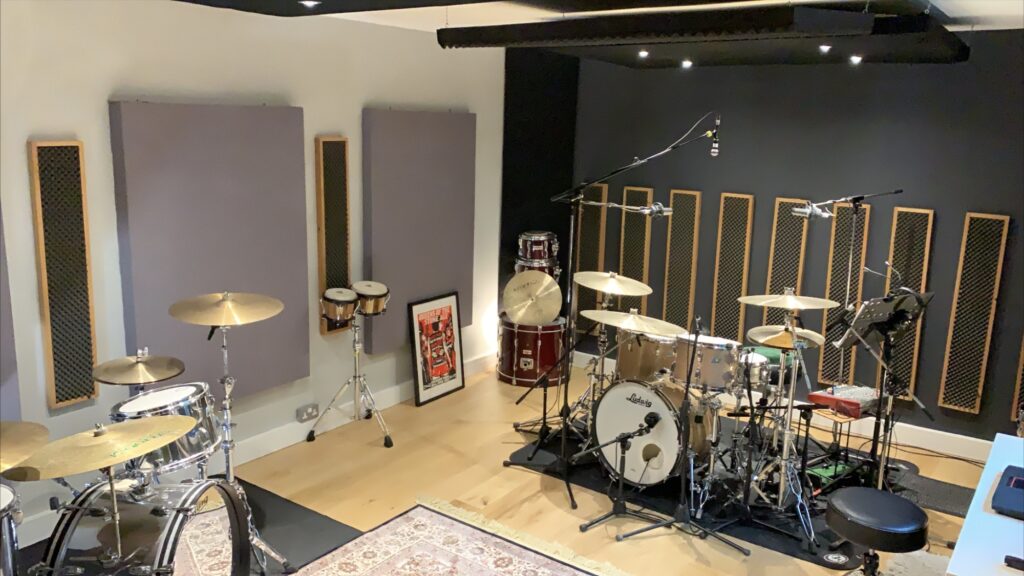Soundproofing a wall is essential for maintaining privacy, reducing noise pollution, and creating a peaceful environment within homes, offices, recording studios, and other spaces. Whether you’re dealing with noisy neighbors, street traffic, or loud machinery, choosing the right soundproofing material can significantly enhance your living or working conditions. In this comprehensive guide, we’ll explore various soundproofing materials and their effectiveness in dampening sound transmission through walls.
Best Soundproofing Material for Walls
1. Acoustic Foam Panels
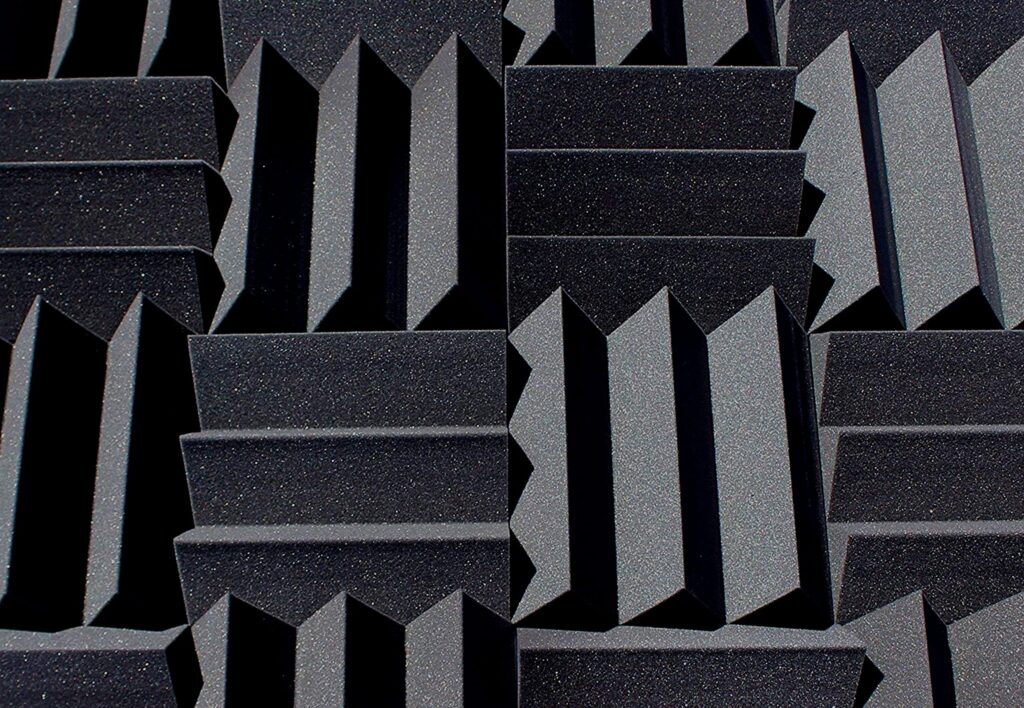
Acoustic foam panels are a popular choice for soundproofing walls due to their lightweight and easy installation. These panels are designed to absorb sound waves, reducing echoes and reverberations within a room. While they excel in improving the acoustics of a space, they may not provide sufficient soundproofing against airborne noise transmission through walls. However, when used in conjunction with other materials, such as mass-loaded vinyl or drywall, they can contribute to a comprehensive soundproofing solution.
2. Mass-Loaded Vinyl (MLV)
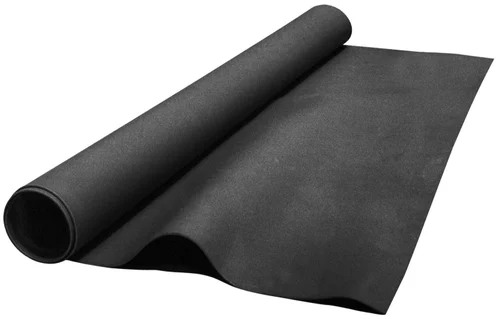
Mass-loaded vinyl is a dense, flexible material that effectively blocks airborne sound transmission. It is commonly used as an additional layer between walls to enhance soundproofing capabilities. MLV is relatively easy to install and can be applied directly to existing walls or sandwiched between layers of drywall. Its high mass and flexibility allow it to effectively dampen sound vibrations, making it an excellent choice for soundproofing walls in residential and commercial settings.
3. Fiberglass Insulation
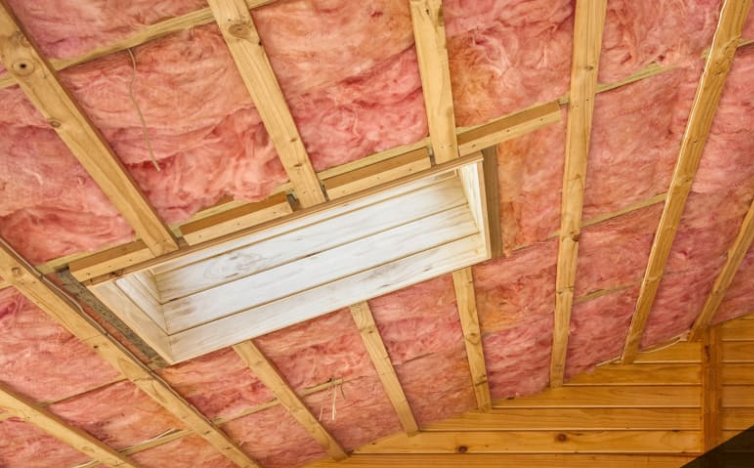
Fiberglass insulation is another popular soundproofing material known for its thermal insulation properties. While primarily used for controlling temperature, fiberglass insulation also helps absorb and reduce sound transmission through walls. It works by trapping sound waves within its fibers, preventing them from passing through the wall structure. Fiberglass insulation is versatile and can be installed during new construction or retrofitted into existing walls, making it a cost-effective solution for soundproofing projects.
4. Green Glue

Green Glue is a viscoelastic compound specifically designed to improve the soundproofing performance of walls and ceilings. It is applied between layers of drywall or other building materials to dampen vibrations and reduce sound transmission. Green Glue remains flexible once cured, allowing it to absorb and dissipate sound energy effectively. It is easy to use, non-toxic, and environmentally friendly, making it a popular choice among contractors and DIY enthusiasts alike.
5. Soundproof Drywall
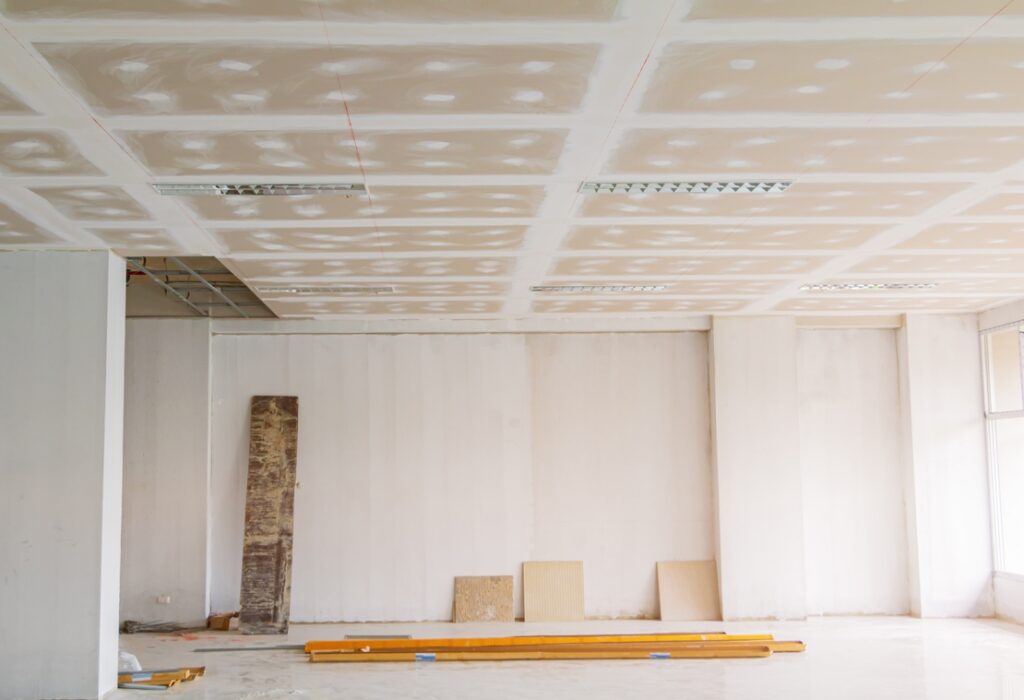
Soundproof drywall, also known as acoustic drywall or gypsum board, is specially designed to minimize sound transmission through walls. It consists of multiple layers of gypsum and other materials that provide enhanced soundproofing properties compared to traditional drywall. Soundproof drywall is thicker and denser than standard drywall, offering improved noise reduction capabilities. While it may be more expensive than other soundproofing materials, it provides a comprehensive solution for blocking both airborne and impact noise.
Contact Waseem Technical Soundproofing Expert in Dubai For Acoustic Wall: +971 50 209 7517
Conclusion:
Selecting the best soundproofing material for your walls involves considering factors such as the type of noise you’re dealing with, your budget, and the specific requirements of your space. By understanding the characteristics and effectiveness of different soundproofing materials, you can make informed decisions to create a quieter and more comfortable environment. Whether you opt for acoustic foam panels, mass-loaded vinyl, or a combination of various materials, investing in soundproofing can significantly enhance the quality of life in your home or workplace.
FAQs
Can I use only one soundproofing material to effectively soundproof a wall?
While some soundproofing materials offer standalone benefits, combining multiple materials often yields better results. For example, using a combination of acoustic foam panels, mass-loaded vinyl, and Green Glue can create a more comprehensive soundproofing solution by addressing different aspects of sound transmission.
How do I determine the amount of soundproofing material needed for my wall?
The amount of soundproofing material required depends on various factors, including the size of the room, the level of noise you’re trying to block, and the construction of the existing walls. Consulting with a soundproofing specialist or acoustic engineer can help you determine the appropriate amount of material needed for your specific requirements.
Can I install soundproofing materials myself, or do I need professional assistance?
Many soundproofing materials are designed for easy installation and can be DIY-friendly. However, for complex projects or if you’re unsure about the best approach, it’s advisable to seek professional assistance. A soundproofing expert can assess your space, recommend the most suitable materials, and ensure proper installation for optimal results.
Are there any eco-friendly soundproofing materials available?
Yes, several eco-friendly soundproofing materials are available, including recycled acoustic panels, natural fiber insulation, and low-VOC adhesives. These materials offer effective soundproofing properties while minimizing environmental impact.


